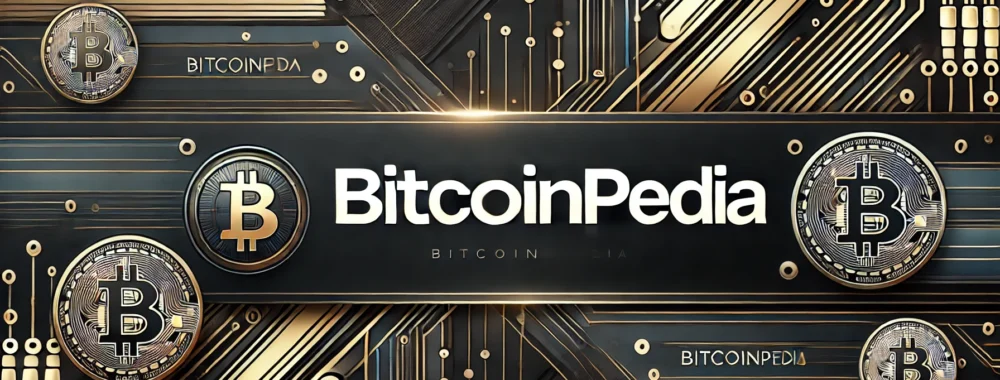In the ever-evolving world of online betting, finding a reliable and exciting platform can be a daunting task. Enter Bigtaka Bet, a premier betting destination that has quickly gained popularity among enthusiasts. With its user-friendly interface, diverse betting options, and commitment to customer satisfaction, Bigtaka Bet stands out as a top choice for both novice and seasoned bettors.
A Wide Range of Betting Options
One of the key features that sets Bigtaka Bet apart is its extensive range of betting options. Whether you’re a fan of sports betting, casino games, or live dealer experiences, Bigtaka Bet has something for everyone. Sports enthusiasts can place bets on a variety of events, including football, basketball, tennis, and more. The platform covers major leagues and tournaments, ensuring that you never miss out on the action.
For those who prefer casino games, Bigtaka Bet offers a rich selection of slots, table games, and live dealer options. From classic favorites like blackjack and roulette to innovative new games, the casino section is designed to cater to all tastes. The live dealer games provide an immersive experience, allowing players to interact with real dealers in real-time, bringing the thrill of a physical casino right to your screen.
User-Friendly Interface
Navigating an online betting platform should be a seamless experience, and Bigtaka Bet excels in this regard. The website features a clean and intuitive design, making it easy for users to find their preferred betting options. Whether you’re accessing the site from a desktop or mobile device, the responsive design ensures that you can place bets on the go without any hassle.
New users will appreciate the straightforward registration process, which allows you to create an account in just a few minutes. Once registered, you can easily deposit funds, explore the various betting markets, and start placing bets with confidence.
Promotions and Bonuses
Bigtaka Bet understands the importance of rewarding its users, which is why it offers a range of promotions and bonuses. New players can take advantage of generous welcome bonuses that boost their initial deposits, giving them more opportunities to explore the platform. Additionally, regular promotions, such as free bets and cashback offers, keep the excitement alive for existing users.
The loyalty program is another highlight, allowing players to earn points for every bet placed. These points can be redeemed for various rewards, enhancing the overall betting experience and encouraging users to return for more.
Commitment to Security and Fair Play
When it comes to online betting, security is paramount. Bigtaka Bet prioritizes the safety of its users by employing advanced encryption technology to protect personal and financial information. The platform is licensed and regulated, ensuring that all betting activities are conducted fairly and transparently.
Players can rest assured that Bigtaka Bet adheres to responsible gaming practices, providing tools and resources to help users manage their betting activities. This commitment to player welfare sets Bigtaka Bet apart as a trustworthy and responsible betting destination.
